






































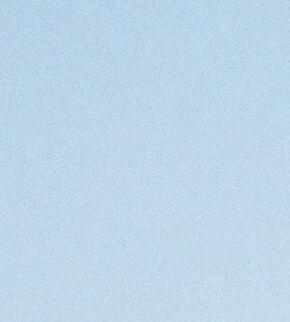
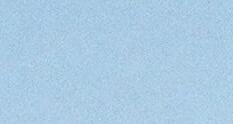
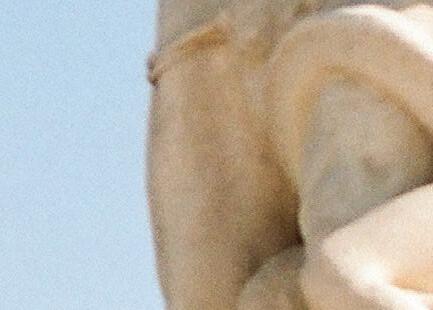
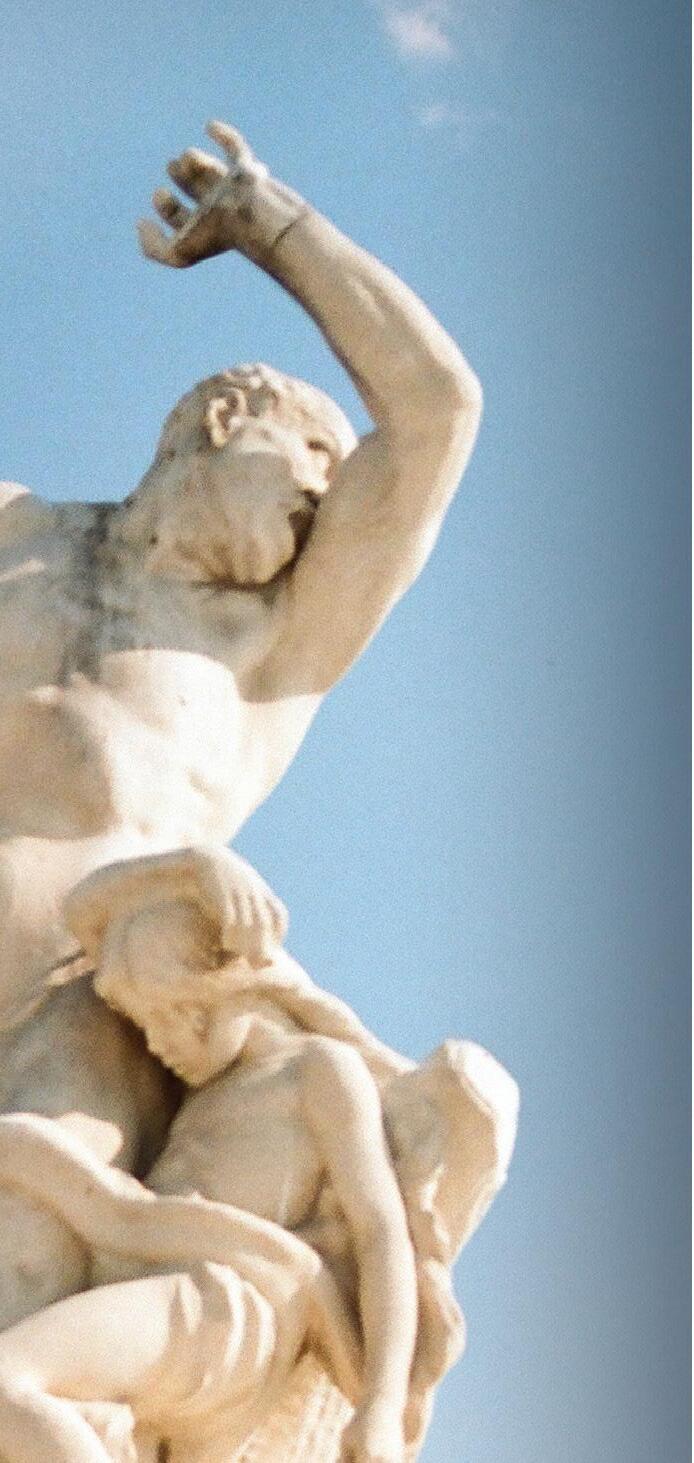

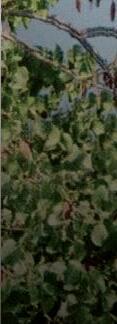

UT SOUTHWESTERN’S MEDICAL HUMANITIES JOURNAL | VOLUME XIV | SPRING 2024


Photograph taken
by
Hannah Hittson
Taken in Tuileries Garden, Paris, France
Dr. Thomas Dalton, Dr. Elizabeth Heitman, Dr. John Sadler
Anna Chung, Hannah Hittson, Katherine Lei, Cody Olson, Angela Young
Dr. Angela Mihalic, Dr. Gary Reed
Additional illustrations created by Angela Young
SCOPE is UT Southwestern’s literary magazine featuring writing and art created on the UT Southwestern campus. The magazine serves as a vehicle for the sharing and communication of experiences in medicine, from patient care to medical research, through an artistic lens. The works published in SCOPE aim to promote more discussion, reflection, and sense of community at UT Southwestern.
SCOPE is published by the Medical Humanities Interest Group, a registered student organization of the University of Texas Southwestern. SCOPE is not an official publication of UT Southwestern and does not represent the views of the university or its officers.
Dear Reader,
Welcome to the 14th edition of SCOPE, the medical humanities journal of UT Southwestern. This issue features a diverse collection of works in visual arts, nonfiction, fiction, and poetry that reflect the thoughts and experiences of our students, through an artistic lens, as they journey through different stages of their graduate and medical education.
The theme of this year’s issue is transformation – the constant change that is a hallmark of our sacred profession, and the inherently transformative nature of becoming a health professional. From ancient medical pioneering to the breakthroughs of modern healthcare, the evolution of medicine is a product of the enduring human pursuits of learning, growing, and healing. This collection includes reflections about medical history and student perspectives of their own formative experiences in medicine. This year’s selection spotlights deeply human narratives, conveying the challenges, emotions, hopes, and gratification inherent to our field. We bear witness to one another’s experiences, celebrating our shared purpose as healthcare professionals, and sculpting our identities through the stories we tell.
The 2024 SCOPE committee would like to express our gratitude to all of the authors and faculty who have generously contributed their talents for this issue. We hope you enjoy this collection, and that you are inspired to submit your work to the next edition of SCOPE!
Anna Chung EDITOR-IN-CHIEF
Hannah Hittson EDITOR
Katherine Lei EDITOR
Angela Young EDITOR-IN-CHIEF
Cody Olson EDITOR
“ Man cannot remake himself without suffering, for he is both the marble and the sculptor.
ALEXIS CARREL

Born to a prominent family in 1852, William Stewart Halsted’s early academic disengagement belied the revolutionary role he would play in the medical field. Halsted completed his medical education at Columbia University which led him to practice at Bellevue Hospital, where he rose quickly through the ranks. After proving his unparalleled prowess as a surgeon, he was appointed as one of the “Big Four” founding professors at the Johns Hopkins Hospital. At Johns Hopkins Hospital, Halsted’s genius shone as he introduced the radical mastectomy, pioneered antiseptic methods, engineered novel surgical tools, developed the foundations of surgical technique, and invented the modern residency program.
Halsted was the first to popularize the use of cocaine as an operative anesthetic and as a stimulant for himself and his physician colleagues. Cocaine, then legal, initially enabled him to maintain an impossible pace and extraordinary precision in the operating room. This eventually ensnared him and many of his trainees in an addiction that persisted for decades. Halsted’s prolonged battle with cocaine and morphine abuse endangered patients’ lives, led to the publication of incoherent academic papers, brought public disgrace upon himself, and ultimately resulted in his dismissal from Johns Hopkins Hospital.
Halsted’s establishment of the first formal surgical residency program in the United States was arguably his most important milestone, allowing him to train some of the most prominent minds in medicine and setting the standard for all medical training to come. His approach was unrealistically rigorous, expecting a level of endurance from his trainees that was maintained by cocaine abuse. This ethos, while advancing surgical education, implicitly perpetuated the notion that such unyielding dedication was normal and necessary for success in the field. His legacy endures in the halls of medical institutions across the nation, where tired residents clock out before proceeding to their next operation, careful not to record more than an 80-hour work week.
Let me tell you a story about John Snow. In school of thought he was alone. A man who did not go with the flow, He solved an epidemic on his own.
It started in Soho in 1854
A diaper was washed in a well one day: An action which sparked an invisible war Against the bacterium V. cholerae.
People died from dehydration, Some within hours of their fatal drink, Unknowing it would cause damnation. Their lives were ended in a blink.
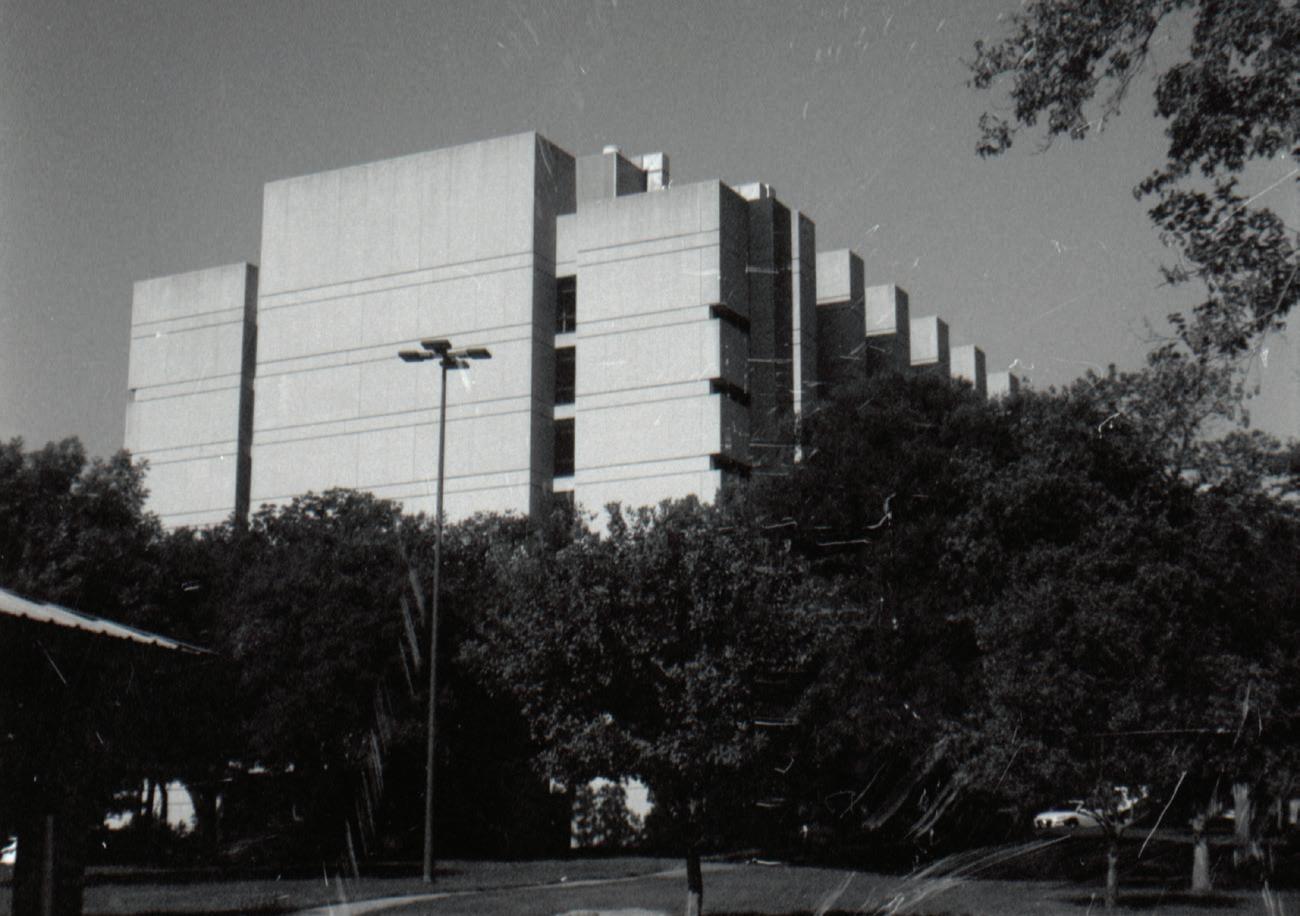
“It is caused by a miasma in the atmosphere,” Said the scientists and doctors of the day. “Alas, they’ve breathed in bad vapors, I fear. They’ve breathed in the odor of death and decay.”
But John Snow thought otherwise:
“At the Broad Street Pump there’s something amiss. Many who drink from it meet their demise: I’ve checked the facts and will not be dismissed.”
The officials were dubious, but nevertheless, Off came the handle of the Broad Street Pump. And the cholera stopped; with an educated guess, He solved the problem that had everyone stumped.
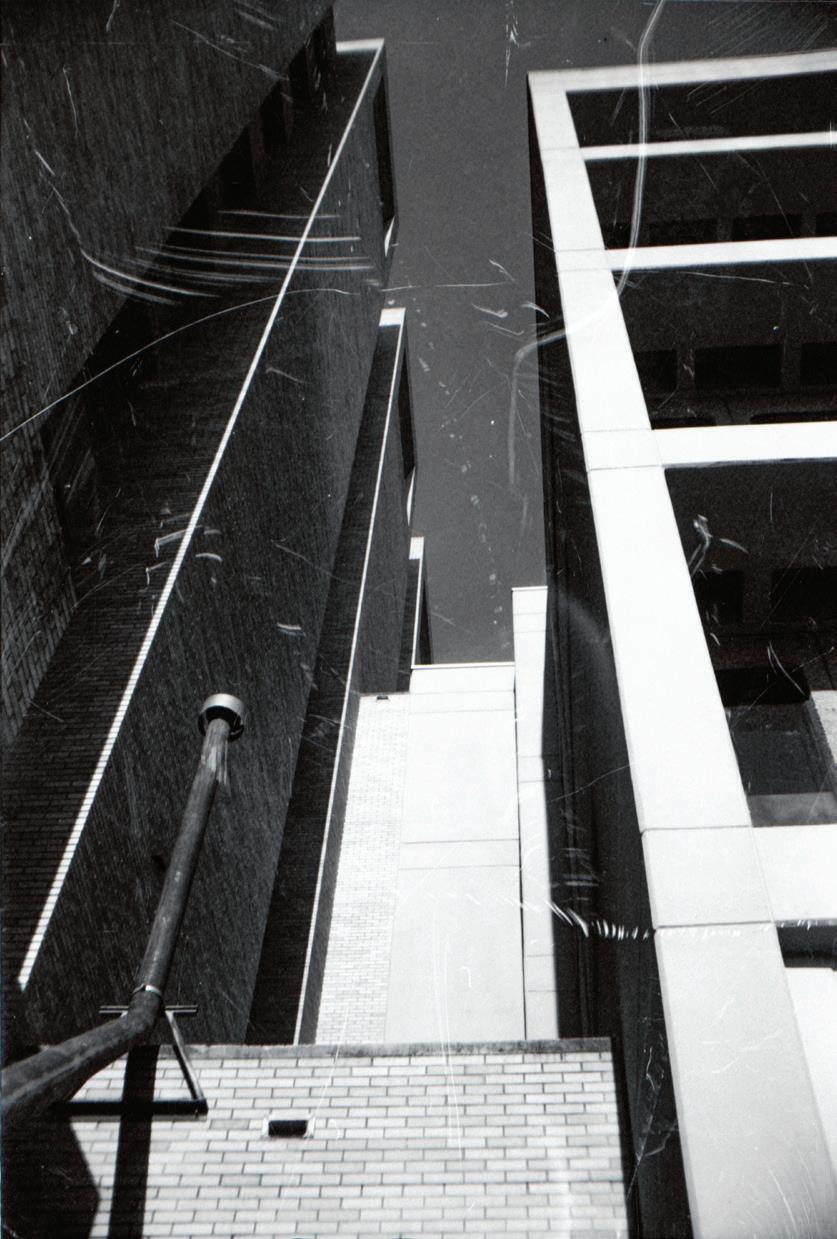
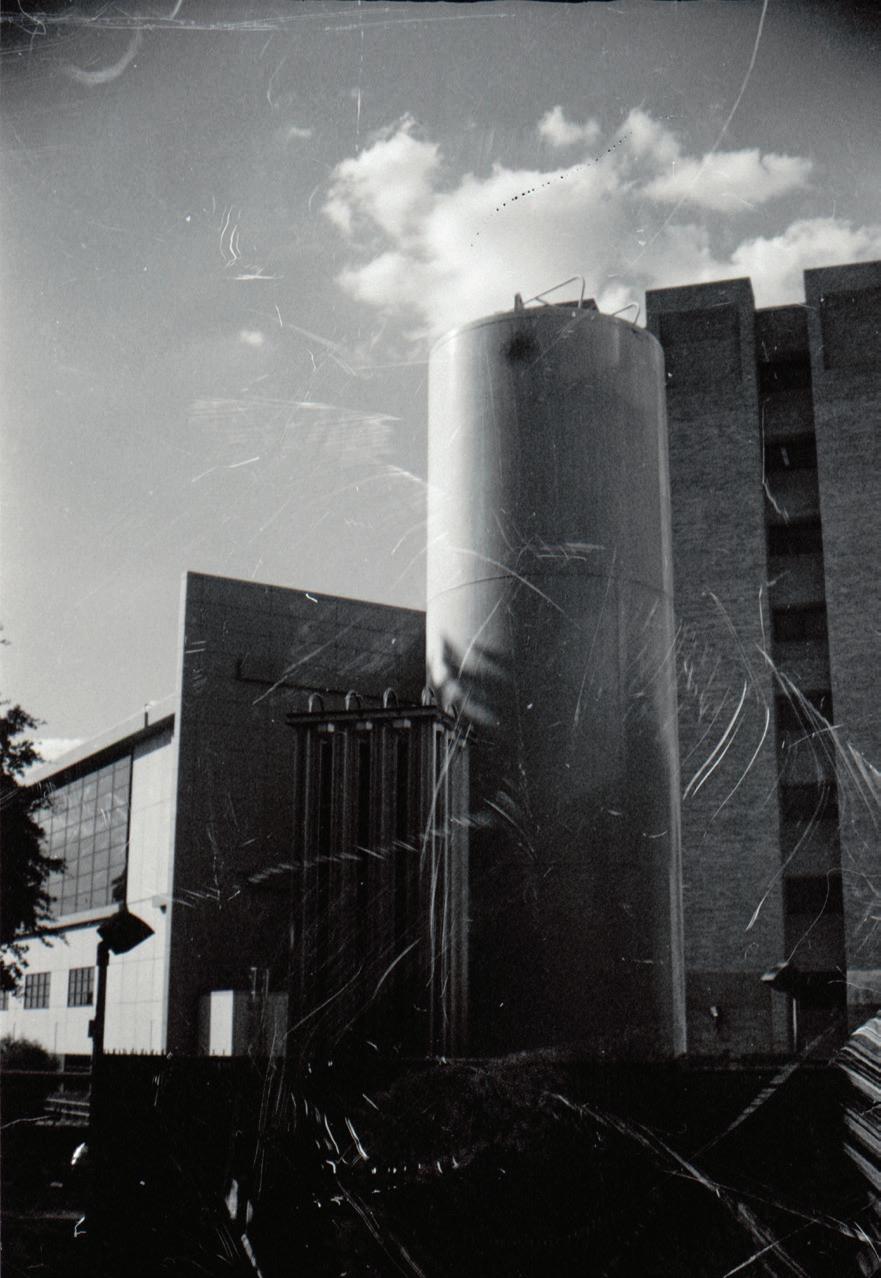
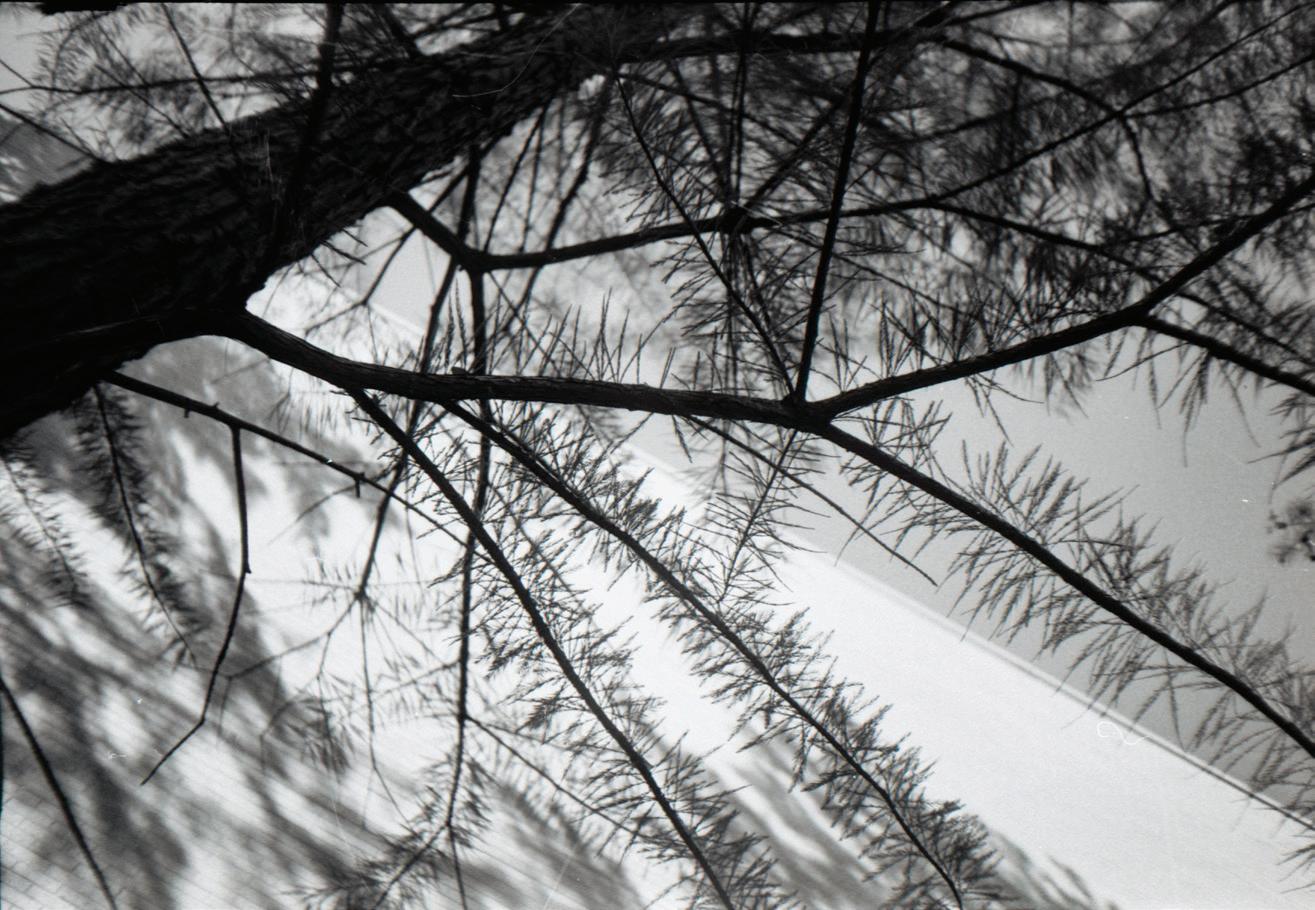
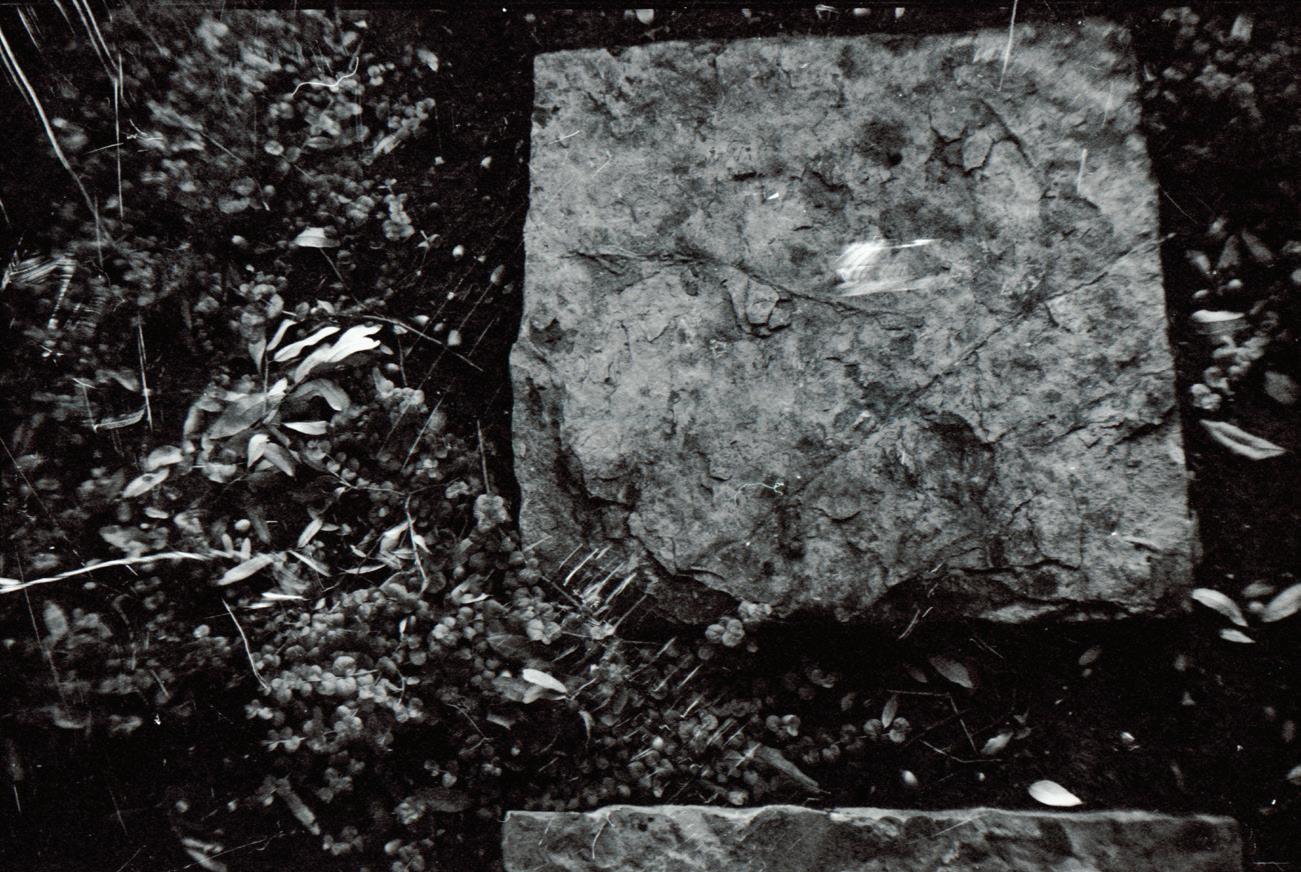
In an effort to say goodbye to this place I have called home for the past few years and meditate on this very uncertainty, I wanted to take portraits of parts of South Campus and Old Parkland hospital, as they are in their respective forms of transition.
Bloodied dust smear his face.
I shear his clothing, singed by summer asphalt. His ribs are spread, heart beat by the resident’s hand, pulse thumping by epi as we roll to the OR.
splash prep cell saver and MTP coolers ex-lapped clamshelled
His lungs flail, speared by ribs, spine unaligned, floating.
Packing, tubes, dressing, and a final 5th MTP cooler deliver him to the SICU
Thirty feet down the hall the family is poised, hopeful until the translator speaks and they cry and crumble. Their wails crash into us as we watch, grieving and guilty that our learning comes with the loss of their loved one.
“ Their wails crash into us as we watch, grieving and guilty that our learning comes with the loss of their loved one.
LAST DAY IN THE TRAUMA BAY
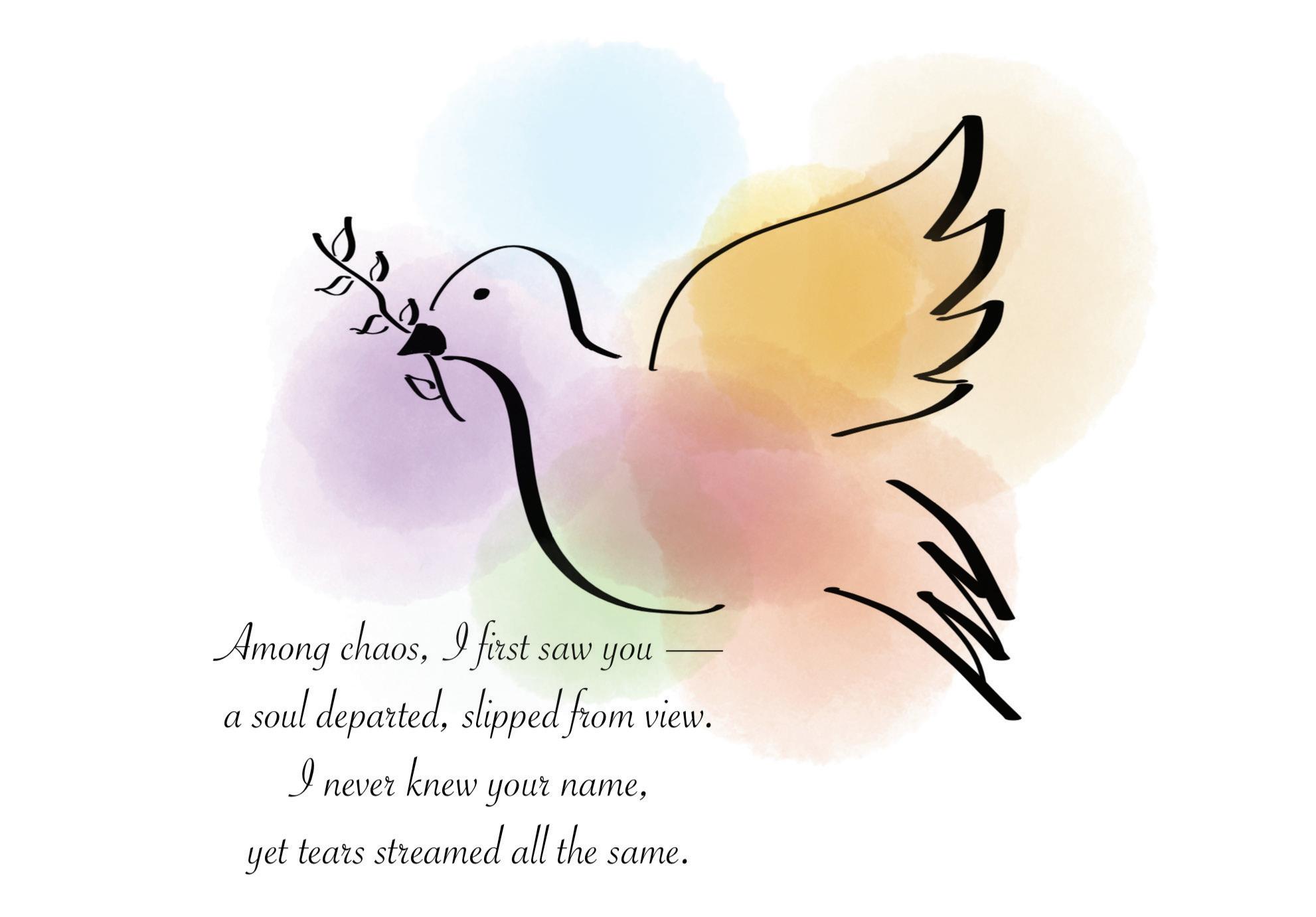
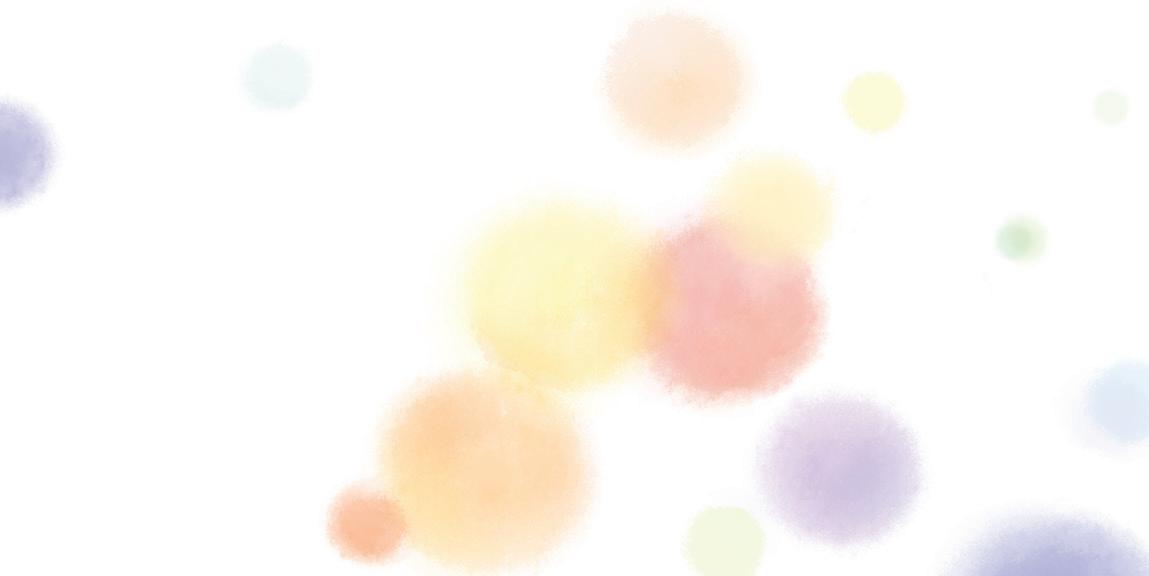

10:00 PM. Clammy palms.
The sly screech of a wobbly cart. A heavy door creaks open.
10:01.
A room full of pink and yellow daisies. A small girl swims in a sea of white sheets. Tiny arms lay still inside thick chrysalises.
10:02.
A labyrinth of tangled tubing. Blue fingers coax a vein out from hiding. A silent wince.
10:03.
Two wings, one hollow needle. The familiar bite of a butterfly. Heavy shoulders sink into a white coat.
10:04.
Three vials full of crimson.
Warm hands press on woven cotton.
Dry tongues wish there was no hurt in healing.
10:05.
A tender brown bandage. Pale eyelids flicker open. Soft smiles and softer goodbyes.
10:06.
Two girls stare out a hospital window: One is transforming in her bed. The other is lucky enough to help her.
She is metastatic cancer
He is on the wrong service He had no acute events overnight She is a rock in the garden.
(She smiles and awaits news as if she were pregnant but with masses on her lungs, liver, rectum)
(He wastes under the blankets NG and perc tubes dangle as medicine and surgery toss his care back and forth)
(He is limned by the light at the window with Freud in hand gown draped over his shoulders like a king)
(She is a teenager, regressed to a sullen, sunken child as no morphine will touch her pain)
That’s all, team.


i woke up yesterday to what sounded like the street being dragged down to earth’s core and the sound of a wailing mother
i feel my heart beat outside my fingers pushing apart vinyl wood i see a battered trash truck on the other side making way down this suburban road
i drift back to sleep i hate that i get to drift back to sleep
later i stand in the corner of the operating room watching the obstetricians pull out new life
my attending tells me that this newborn could be the future president or einstein or leader of peace
the first few seconds earth-side he tells me environment means everything
so we swaddle this newborn here in this hospital in safety head kept warm with a pink bowed hat
i throw away my bouffant and make my way to an empty workroom in my palm i see what is left of a hospital in Gaza children singing, laughing, and cleaning up this hospital hours before their souls were raised to the sky
i had not cried yet i had not cried yet in the hospital i am crying here in this hospital
---
i spent two hours that evening trying to learn about neonatal jaundice, necrotizing enterocolitis and memorizing the vaccine schedule
instead i think about a trauma shift from earlier this year 4 am and i am holding a man’s hand telling him to stay with me
two bags of blood and i realize it’s not easy fighting for your life
i think about all of you and the two bags of blood you are not afforded to fight for your life
i think about the doctors that have worked four 4 ams in a row without sunlight surgeries under phone light
i think about the amount of strength and sacrifice that is demanded of you of how you must be the very best of our profession
two hours later and i’ve laid in this spot i’ve laid in this spot for two hours
the sun no longer peaks through the vinyl wood
i make a call and in her voice i hear a reflection of all that is churning inside of me
we do not have words to say to each other there is no good answer to how are you it is not for us to say how we are
in between our shared silence we agree
there is nothing poetic about this yet it’s been a lot easier to write poetry recently
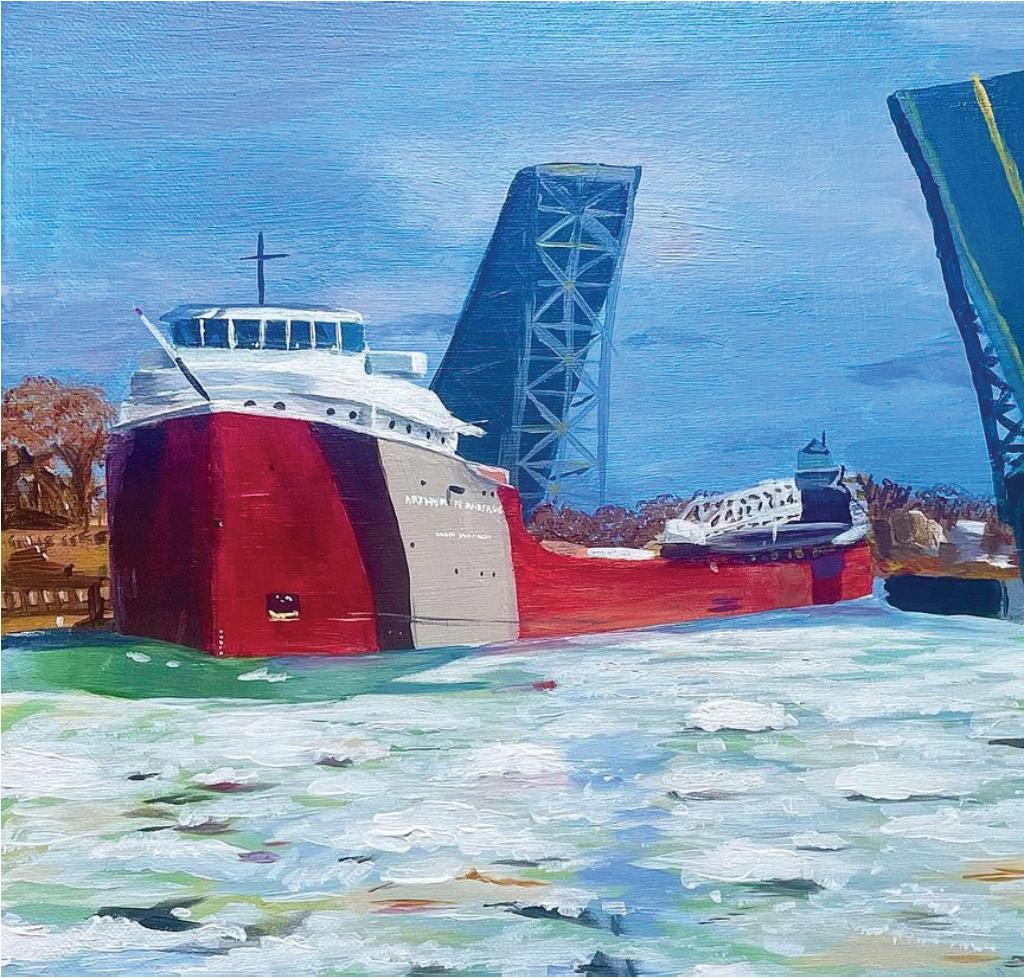

(Then)
We treat ourselves as expendable resources
Yielding to the massive workhouse of society
We’re pumped out of the factory
Told what to say, what to do, how to think
We’re supposed to be creative and unique
But not in training, because we should all learn the same
Our worth is constantly determined by the evaluations
Of people who no longer recognize their old shoes we walk in
Who can’t remember not knowing
We underestimate the impact
Of being constantly told “you’re not good enough yet”
They think their wording
“you’re where you need to be at your level of training”
Should be encouraging
But forget they are saying it to chronic overachievers
Who are only now struggling
Who are only now realizing they don’t recognize themselves
Without their ability to succeed
Without their ability to exceed expectations
I used to be incredible
And now am barely average
I used to work through the stress, the overwhelm, the challenges
And now I freeze and find myself incapable
Digging myself a deeper grave every minute of every day
Feeling my incompetence ten-fold
How can I solve the mysteries of others
When I can’t solve the problem of myself?
(Now)
I still have days I struggle
To see all the knowledge I’ve gained
And the people I’ve helped
And the contributions I make to the team
I still worry about all the things I don’t know or don’t remember
Things that help patients
Things that save lives
But I have come to recognize that
Even though I’m not perfect And never will be
I am getting better
I am striving for the best for my patients
I am making a difference right here, right now
Even as a medical student
Even as someone who has seen themselves as “barely average”
Even as an imperfect person
And honestly
One of the best things I can give
To patients
To colleagues
To society Is to be human
“ One of the best things I can give to patients, to colleagues, to society, is to be human.
PERSPECTIVES IN TRAINING

a nudge in the dark. a surprise visit from an old friend who uses i offer a food that is unpolitely refused, provide blankets that are deemed too heavy. i turn off the lights at their insistence.








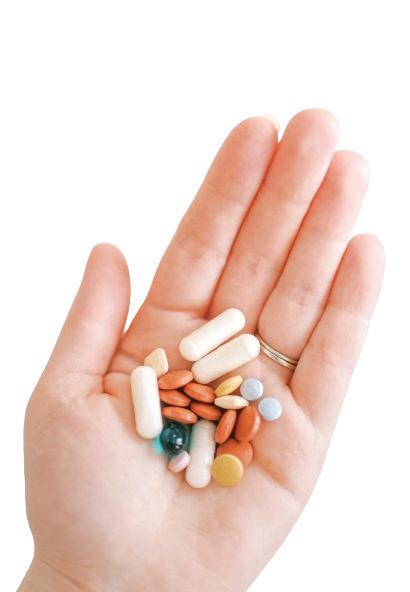


my high maintenance visitor insists that our reunion is hosted in dark cold silence.
the start of this story smells like sterile sands, the pen on this paper purses my lips like a penny.
it started in my belly, then my brain then my nose and ears and eyes and hands and I think it left and came back after a while and my shoulders knees and toes and my child waking me up and I can’t sleep anymore because my pillow promises me a reality I can only enjoy in unreality.
it traveled like a student studying abroad, in spain, skipping stones and hotels and hostels and leaving a shirt here and stem cells there and blasts and lab tests and the past the present the future all on a kaplan meier survival stretching from standard deviation to standard deviation.
it left parts of my brain in my toes because I think as I walk about the sidewalk and the wok we had for dinner when it was raining and our only worries were wet wok and walking in the wet and weddings and where to go for wednesday happy hours, our happiest hours when my brain was still my brain and my toes were still my toes, not mitoses not myoses and myalgias and all the may rain that may rain in the winter of my brain.
the sunset on this story sounds like a silent sisyphus the ink on this pen drying slowly dying and flowing dripping to a tip
I wonder: does the next flower bloom as another one wilts?
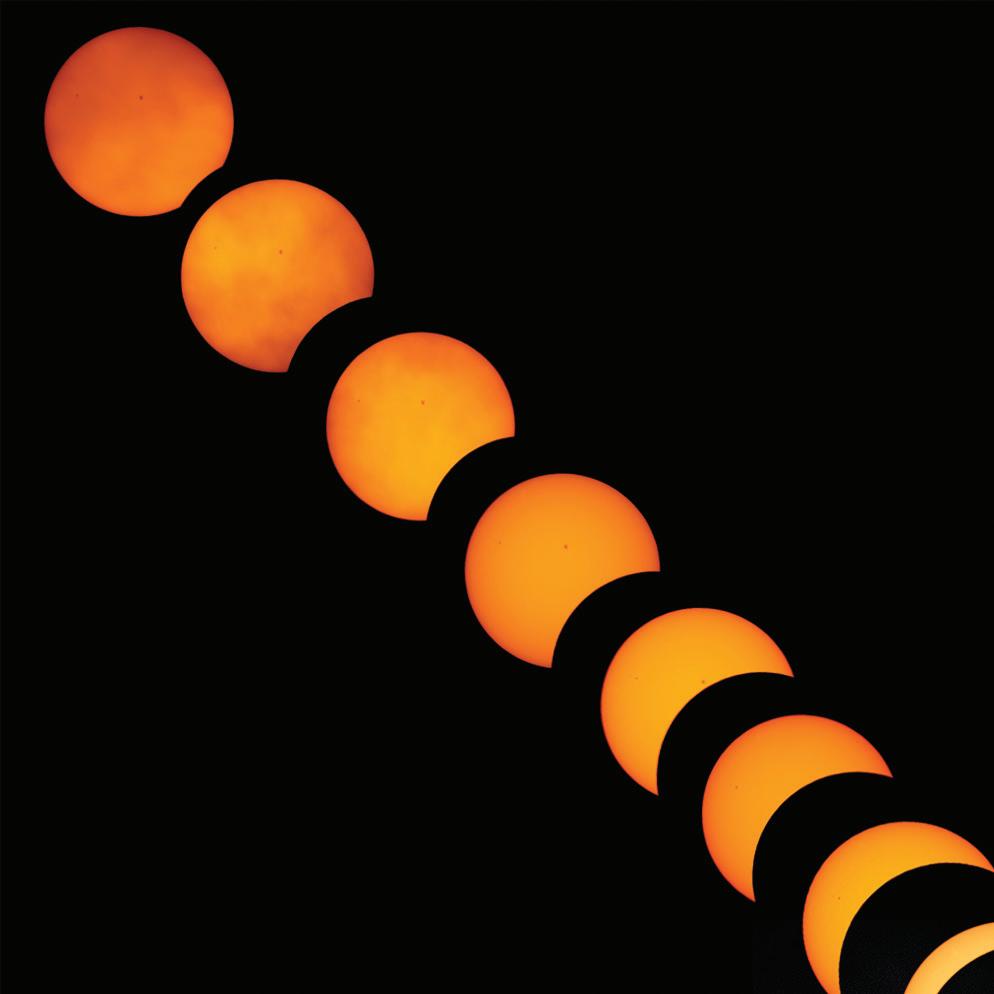




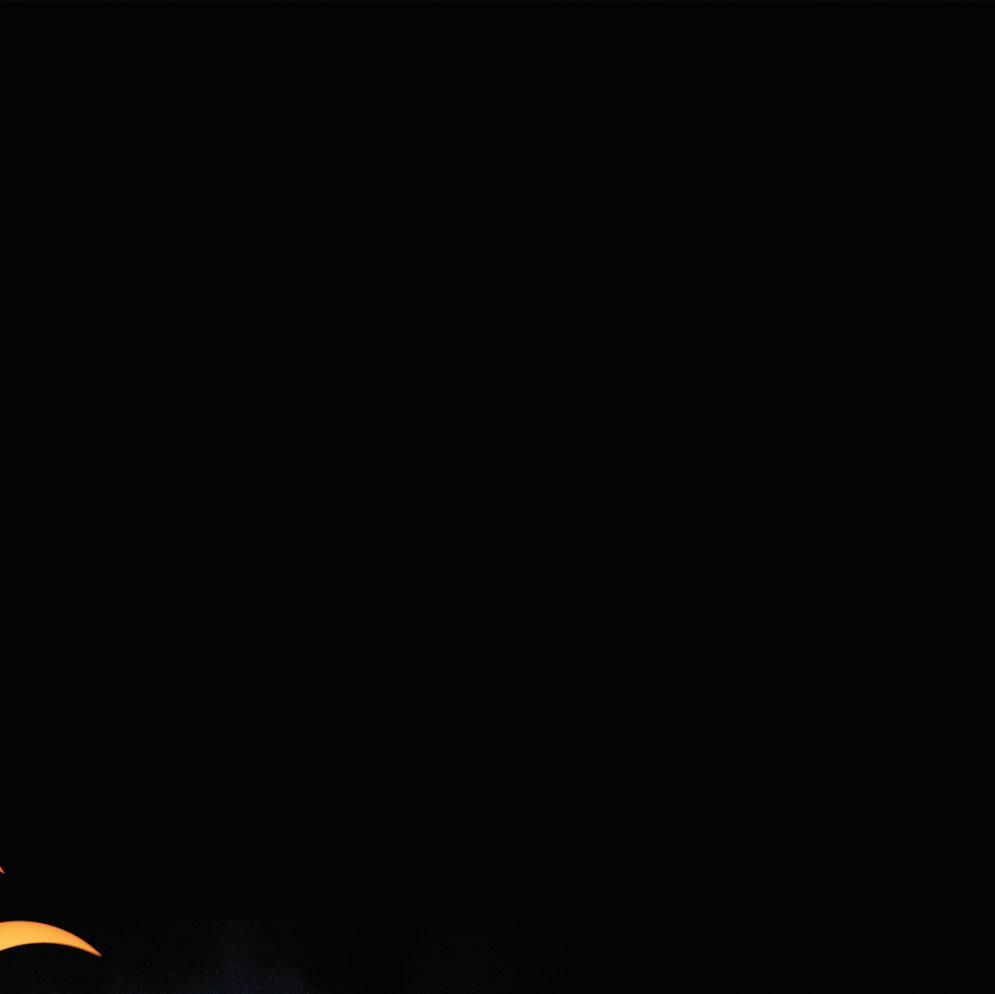
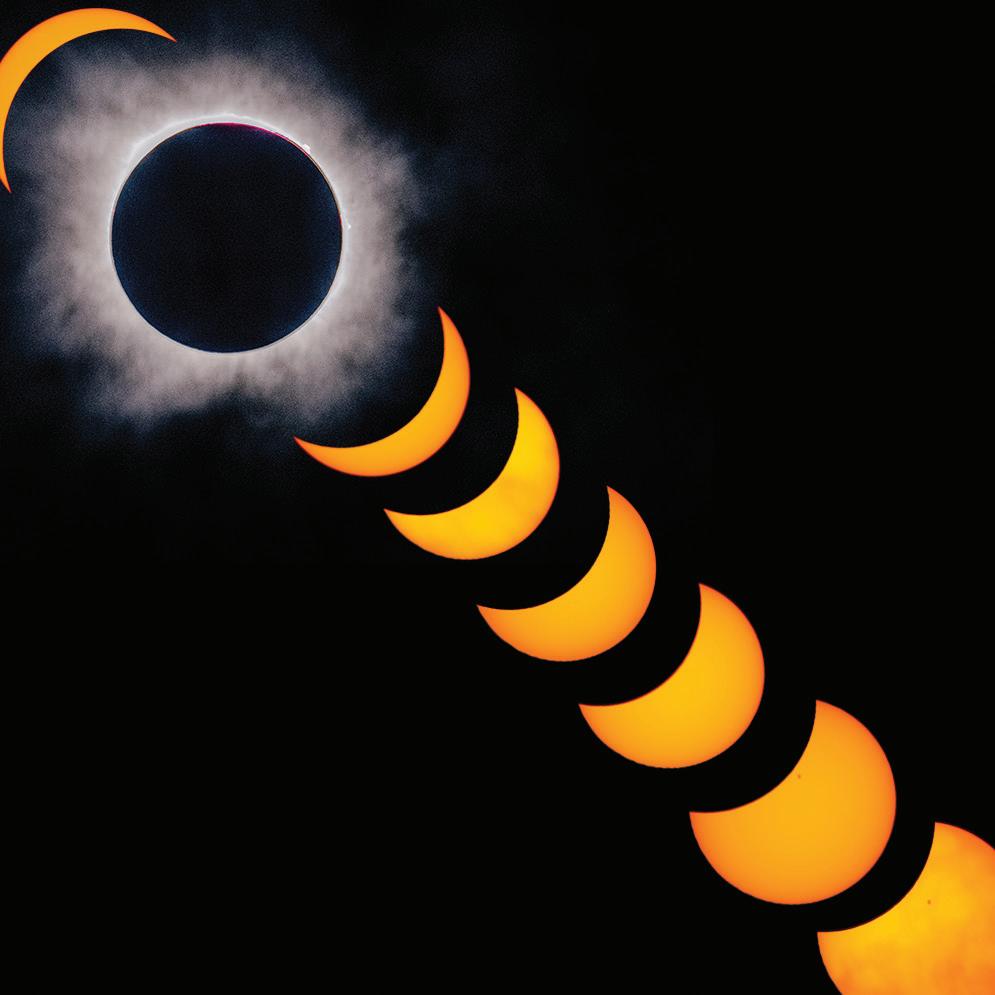




How long?
How long will you hide your face from her?
Once a dove flying along a crooked path, her silver frame soared above the olive orchard. Constantly flying, constantly climbing, yet constantly falling. Why have you abandoned her?
Why have you forsaken her?
Like a shadow, sleek and well-fed, a blanket that weighs her down, like chains she cannot remove, or a body’s imprint in the bed, dear and familiar pain is her only companion.
Why have you forsaken her?
Yet, you hear her cries! She is not alone! Though she waits on the outskirts of community, you call out to her. You set her free.
You hear the cries of the suffering. You help them to stand tall. You guide them to the mountain, the place where you dwell.
You send them your light and your faithful care. Their souls are not downcast, for they put their hope in you.
How are we to know her?
She comes without a face, without a name on our lips, she is a stranger to us. Who is she, that she might dwell among creation?
She speaks every tongue, Residing in every house and in every nation. How long will you utterly forget us? How long will you leave us to her fate?
And when the last bitter hours come, she brings us to a breathless darkness We know her.
An angel in veils, bedeviling yet bedight.
Yet, we have no reason to fear. What is this darkness, but an old friend? Though she brings pain and sorrow, and she knows no haste, she is not a stranger.
In majesty we place our trust. We are not slaves to our fate, to chance and to desperate yet failing endeavors to run from her, why should we dwell in this fear?
We rest our bones and deliver our souls.
May there be no sadness of farewell when we embark, for from the earth we were made, and to the earth we shall return.
Trigger warning: disordered eating
“What’s wrong? What did I say?” he asks. The concern on his face is genuine, and that only makes it hurt worse.
How can she tell him that it’s not what he said, but the dark vault his words opened? The twelveyear-old abyss she fights valiantly to keep covered.
Twelve years. It’s hard for her to believe that’s how long it’s been since she first became aware of her body as something that other people perceived. She remembers her fourth grade classmate’s well-meaning advice like it was yesterday: suck in your stomach so it doesn’t jiggle when you run. There was a brief, blissful moment before she understood what little Stacey meant, but soon enough, she’d forget how to breathe.
Stacey’s words are an outlier: very little of what’s in her vault is verbal. It’s mostly images and impressions that mean nothing to most but everything to her. The PE coach’s instinctive smirk as she looked down at the weighing scale. The worried look on the lunch lady’s face as she watched her reach into the Dippin Dots freezer. The drama teacher’s awkward half-smile as he explained that she just didn’t look the part of the heroine - but she’d do great as the villain.
She didn’t even include the mean girls. None of the people in her vault were bullies. None of them were trying to hurt her, which could only mean the fault was hers, and she was hardly the kind of girl to let a fault stand uncorrected. So she won medals and stole shows, rising to the top of her class, all to be looked at and seen as something other than just fat. But her vault only continued to grow and something in her
subconscious decided that it was time to eliminate the fault at its source.
She convinced herself she wasn’t doing it on purpose, hiding behind her ego. After all, she was the class superstar, and superstars didn’t have time for breaks. She worked through her lunch and worked through her dinner, and spent hours smiling in front of the mirror as she grew thinner and thinner.
Her doctor congratulated her on finally achieving a normal weight, but she found herself unable to return her smile. The praise felt unearned - perverse, even - because some hidden piece of her knew that she was far from healthy. That piece silently begged the doctor to ask a few more questions, to probe a little deeper and validate what it already knew, even as she sat stone-faced on the exam table. She’s not sure of the exact moment she decided to
become a physician herself, but she likes to think it was that one.
Her mother worried she had a problem, but she scoffed at the word. “Girls eat way less than I do, Mom, you just don’t know!” She hid her screams for help behind teenage bluster, pretending that just because something was common, it was normal.
As the years passed by, she expected the vault to fade into irrelevance. After all, it would be a little silly for a young adult working a real job to remain preoccupied with things that were said to her in elementary school drama class. But even as the specific memories faded, the emotions remained, and she realized that the vault wasn’t going anywhere. It was a part of her mental architecture nowcarved into the sulci and gyri of her brain. Yet as permanent as the vault seemed, she knew that there was hope. If her studies
in neuroscience had taught her anything, it was that the brain can always learn. She couldn’t erase the vault, but she could certainly build over it.
She baked with friends and learned her grandmother’s recipes until food became culture and community instead of a sin. She studied fashion until clothes became more than a strategic means to hide her imperfections. She learned to lift, punch, and climb until exercise became something greater than torturing herself for hours on a treadmill.
She may have covered up the dark vault with love, confidence, and exploration, but that doesn’t change the fact that it’s still there, ready to be torn open by just the wrong interaction, social media post… or New Year’s resolution.
“I didn’t mean to imply that you’re fat or anything,” he tries to fill the uncomfortable silence.
“It’s just that it’s New Year’s, and we could all afford to lose a little - you know.”
The sentence is so familiar that he doesn’t even have to complete it. He grabs his stomach like an enemy he’s trying to choke and she adds a new image to her vault.
The experience is humbling. After all these years, she’s still not immune to those old fears. So whenever she’s yelled at, talked down to, or ignored, she tries to remember that she has no idea what dark vault her words could’ve opened. And while no one can take away what’s inside, all a vault owner wants is for someone to acknowledge what they carry. So she takes the time to ask a few more questions and probe a little deeper, to assume fear before malice, and it makes her world just a little sweeter.
Pain is not poetic, but I can do my best to describe mine to you
In the midst of it all, my pain is RAW and o p e n and utterly isolated; much like searing hot lava spreading on untouched earth, changing everything it covers with an impending permanence.
My pain on its own feels as if a heart shattered again and again then put back together and told to beat once more (resilience despite all its fragility, if you will) but not without a keen sense of remembrance seen in the cracks that never perfectly connect again
Ah, but do not think that, because I described it in such a way, that I am actually a hypocrite. Because on its own, my pain is still. not. poetic.
I said just now that my pain feels as if, but what if, then instead, my pain was reduced to a less dramatic version of itself?
What if it was as simple as the bandaid I pick at all the time but refuse to rip off at once the swollen bruise on my knee which I knowingly press only to wince when it hurts the grainy sand in my eyes on a windy afternoon at the beach the accidental knife cut on my fingers from making dinner that throbs with a brush of cool air
Will you chide me then for stating the obvious? That I must not be surprised that any pain is painful?
Oh, well I can accept the pain if I must Without a doubt, I could endure it on my own if I must.
Yet, why must I? If I have you?
So, please? be the one? to make it disappear?
Can you distract me with an easy smile when you rip off the bandaid?
Won’t you stop my hands with yours when I go to touch my knee again?
Could you cover my eyes from the sharp sting of the sand?
Would you stay and hold me for a little while so I may simply ignore the cut?
And when or if I finally do succumb to the pain, shouldn’t you be the one to wipe away my tears?
For then, and only then, will my pain become poetic.
For it will have forgotten to exist in the space between your hands.
“ My pain on its own feels as if a heart shattered again and again, then put back together, and told to beat once more.
IN THE SPACE BETWEEN
Paths are created by steps in a forest steps daily renewed and daily restoreth
Paths are created not sudden nor by one but by you and by me by the moon and the sun
Paths are created by prints left in the sand swept away by the ocean and built back by hand
Paths are created by chipping duly at stone with a mountain before us, yet never alone
Paths are created So too in the mind by directions we follow and thoughts we rewind
Paths are created and which way we must choose by the habits we make and the tools that we use
Paths are created so walk with me friend on a path lit by grace from here ‘til the end
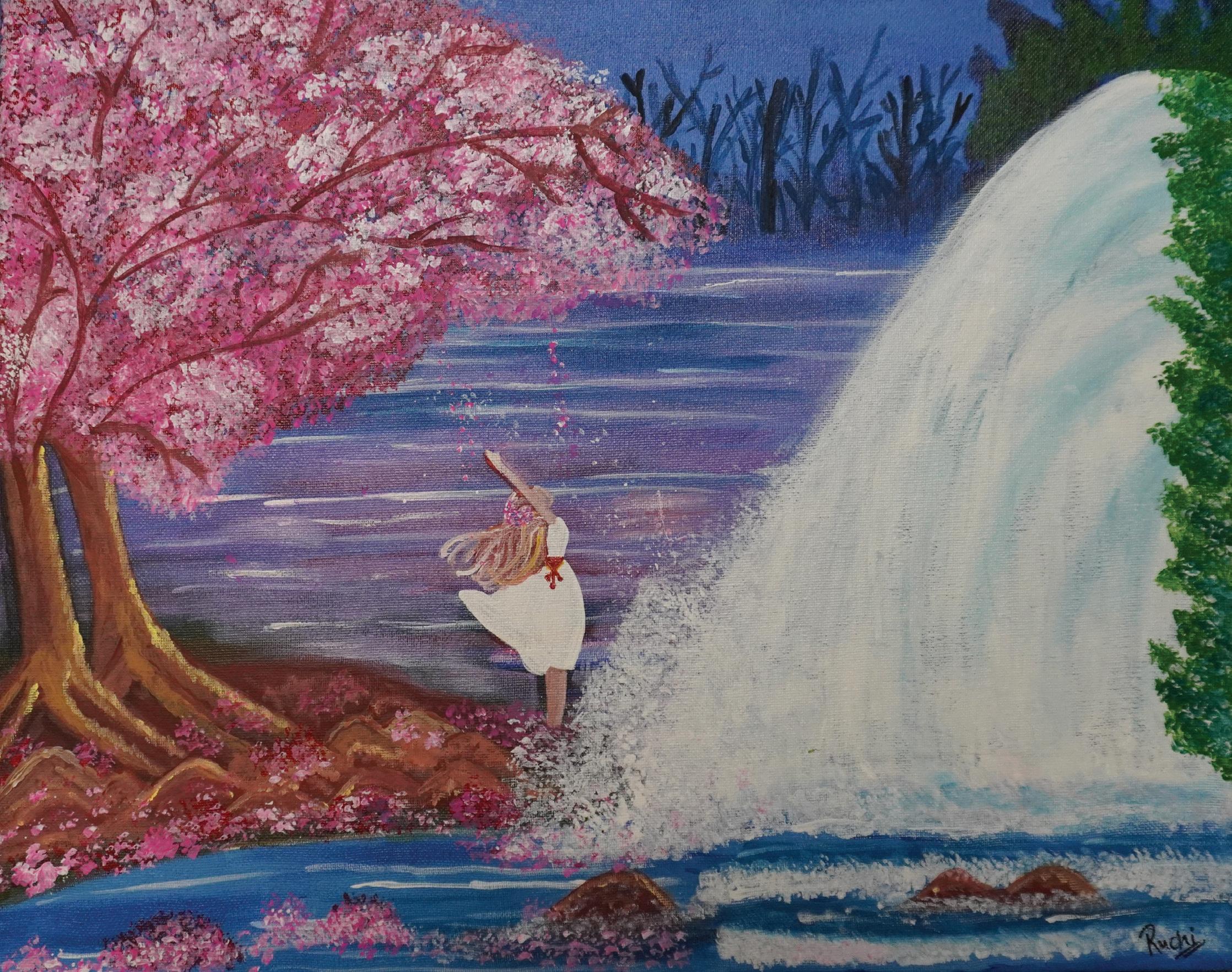
RUCHIRA GARG
Beneath the gentle cascade, a soul finds peace, Whispers of the waterfall, a mental release, Silent Symphony, a mind-tranquil ballet, Her spirit dances, washing worries away.
ZAINAB MUHAMMAD
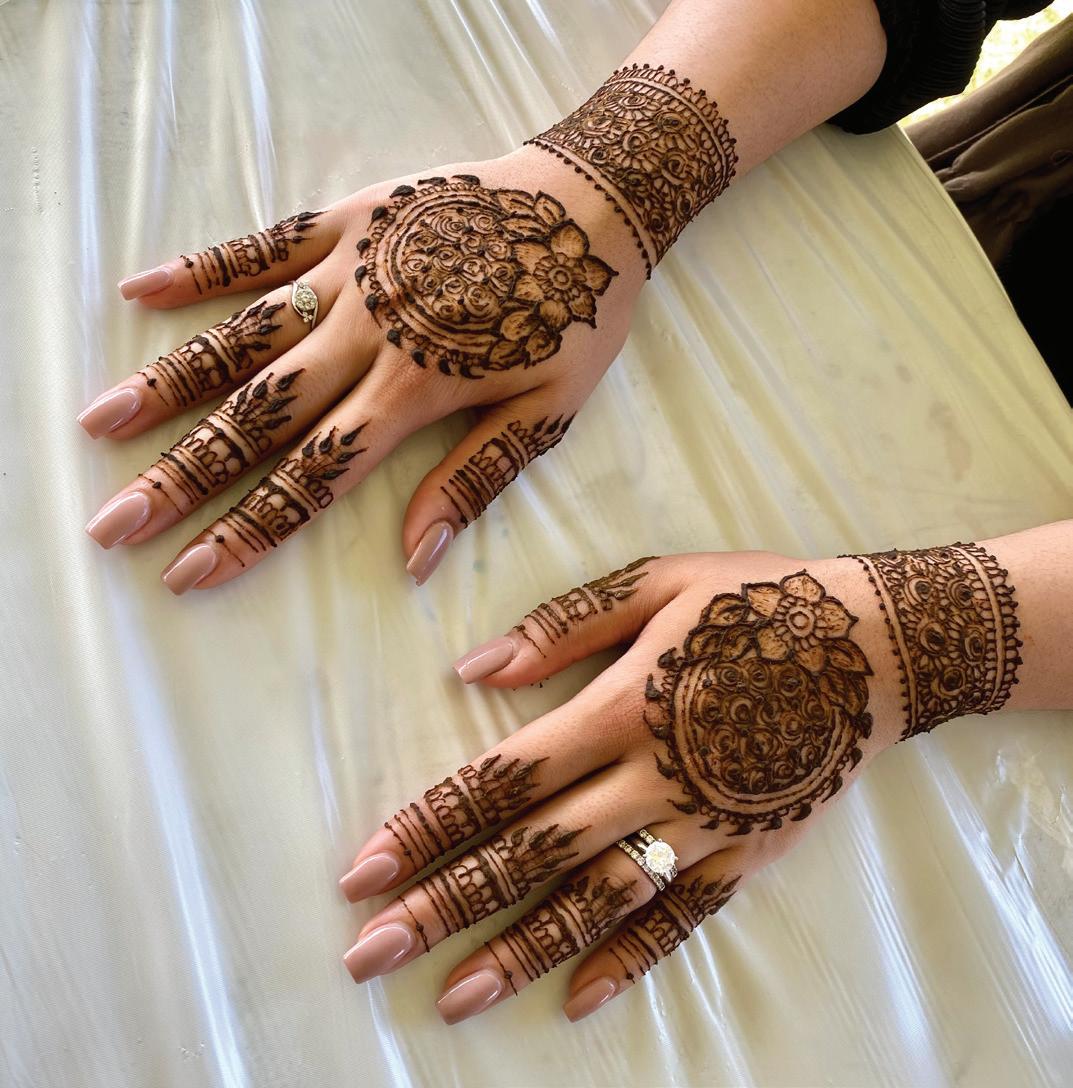
In the realm where healing hands entwine, A dance of henna, intricate design, A tapestry of cultures rich and fine, Where medicine and humanity align.
Each line a story, every curve a tale, In palms, the world’s great symphony prevails, From mountains high to verdant, sunlit vales, In every hand, a universe unveiled.
In shades of earth, the henna gently flows, Like rivers of wisdom, ancient, composed, It paints diversity, as it goes, On skin of every hue, a unified prose.
These hands that heal, in diversity steep, They soothe the weeping, cradle those asleep, In tender gestures, promises they keep, Across the globe, where sorrow cuts so deep.
Through every vein, humanity’s shared song, In every pulse, where empathy belongs, Medicine’s oath, to right the countless wrongs, In every hand, where healing finds its home.
So let the henna’s art remind us all, Of unity in times we rise and fall, In every hand, whether big or small, A story of hope, love, and care for all.

This photo was taken on the Tokyo G-Line before the stop for the University of Tokyo Hospital. Pictured are many healthcare workers in their mundane, human environment before setting off to serve others.
“ More layers will come, and I’ll feel weak, But you’ll remind me that I am strong.
Oh mirror, please stop lying to me, How could this image be true?
Last I checked I was zestful and sunlit, But now I seem awfully blue.
Where is the innocent boy I once was, Thinking the world would be mine? Why am I battered and bruised all over, As if I am soon out of time?
Hey mirror, quick question, this may seem odd, But are these marks giving off light? These scars have stories, yes, I recall, Memories of the darkest of nights.
You are no liar, oh mirror, I do now see, This is the me of today. I’ve traded my PJs and toothy smile, For a warrior that’s here to stay.
Farewell, oh mirror, it’s time I leave, Though this will not last very long. More layers will come, and I’ll feel weak, But you’ll remind me that I am strong.
Catherine Agarwal is a second-year medical student at UT Southwestern. When she’s not studying or in the lab, she can be found writing, thrifting, or spending time with her friends and family.
Elizabeth “Liz” Berquist, a firstyear medical student, is an avid and lifelong artist. Liz gathers inspiration and spends her free time drawing en plein air, exploring scenic running spots, and enjoying playful moments with her dog. Liz finds joy in capturing fleeting moments through both written and visual art and sharing it on her art instagram, @elizabeth.draws.
Diane Chau is a third-year medical student who loves listening to people’s stories, often pausing work for conversations, and occasionally dabbles in the arts.
Jennifer Edgar is a fourth-year medical student at UT Southwestern and a Dallas area native. She graduated from Southern Methodist University with degrees in music and biology. She loves to explore her artistic side in her spare time through music and writing.
Koshma Eswaramoorthy is a second-year medical student. Outside of medical school, she loves playing basketball, reading, and bouldering. She has always enjoyed writing as a witness to her experience in the world around her.
Ruchira Garg is a first-year Master of Science in Health Informatics student who loves painting with her daughter in her free time. She loves scenic views and emphasizes on improving mental well-being through her paintings. Her passion for art serves as a stress reliever.
Bilal Haque is a third-year medical school student at UT Southwestern finishing up clerkships and trying to enjoy the rest of his time in medical school. He loves hiking, reading fiction, photographing wildlife, watching the Cowboys (through tears), and writing poetry from time to time.
Hannah Hittson is a first-year medical student at UT Southwestern from Dallas, TX. When she isn’t studying, she loves writing poetry and film photography!
Cara Jacobson is a wife, a mother, a photographer, a boba enthusiast, and a fourth-year medical student pursuing psychiatry.
Feroz James is a fourth-year medical student interested in photography, jazz, and cardiology. Photography is his main tool for expression and exploration.
Afeefah Khazi-Syed is a thirdyear medical student. She was born and raised in the DFW metroplex but has always called two places home: the suburbs of Texas and her grandparents’ homes in Southern India. She published her first poetry collection Our Ancestors Did Not Breathe This Air in 2022. Written with her college friends, this anthology is a celebration of homeland, family and identity.
Afeefah attributes her love for writing and storytelling to her grandparents’ bedtime stories and the many writing mentors she has found throughout her life, from high school English teachers to other writers of color.
Michelle King is a student in the Masters of Science in Clinical Science Program in the School of Health Professions. She has lived in Dallas all her life and loves writing and reading poetry as well as fiction.
Allen Li is a first-year Perot Family Scholar in the UT Southwestern MD/ PhD, sports & event photographer, and former restaurant line cook. In his free time, he replicates the complexities of Texas-style barbecue and drinks too much espresso.
Zainab Muhammad is currently on a fulfilling journey, pursuing her Master’s in Public Health, with a deep-seated passion for the arts and humanities. Ever since middle school, under her father’s encouraging guidance, she has been immersed in the intricate art of henna, captivated by its cultural significance and beauty. This unique blend of artistic flair and health science is more than a personal interest; it’s a reflection of Zainab’s commitment to helping others. She believes in a holistic approach to well-being, where creativity and scientific understanding intertwine,
enriching her ability to contribute positively to community health. Zainab’s life is a tapestry of passions, each thread woven with the goal of improving lives and understanding the complex tapestry of human health and happiness.
Vivian Nguyen is a third-year medical student at UT Southwestern. She is originally from Long Beach, California and completed her undergraduate studies at the University of California, Los Angeles. There, she completed a professional writing minor, and since then she has continued to write poetry and narrative nonfiction.
Benji Popokh is a secondyear medical student originally from Plano, Texas. He was an undergraduate at the University of Texas at Austin (Hook ‘Em!), where he studied biology and neuroscience. He hopes to work in the pediatric oncology space - whether medically or surgically, he hasn’t decided yet. His interests outside of medicine include running (shoutout to the Southwestern Running Club), guitar, and writing.
Dilan Shah is a first-year medical student with an interest in pediatric psychiatry. In his free time he loves photography, anything music-related, skating, and swimming.
Ahmet Toprak is a second-year medical student. He earned his B.Sc in Biomedical Sciences in 2022. He enjoys training Brazilian jiu jitsu and Muay Thai kickboxing in his free time.
Smrithi Upadhyayula is a first-year medical student at UT Southwestern, published science fiction author, and former Congressional intern with a keen interest in the human side of medicine. In her free time, she enjoys TED Talks, cats, and deep conversations over coffee.
Margaret Vo is a second-year medical student. In her spare time, she enjoys pacing in her apartment, eating Jimmy Fallon ice cream, and sniffing candles.
SCOPE Volume XIV
UT Southwestern’s Medical Humanities Journal 2023-2024